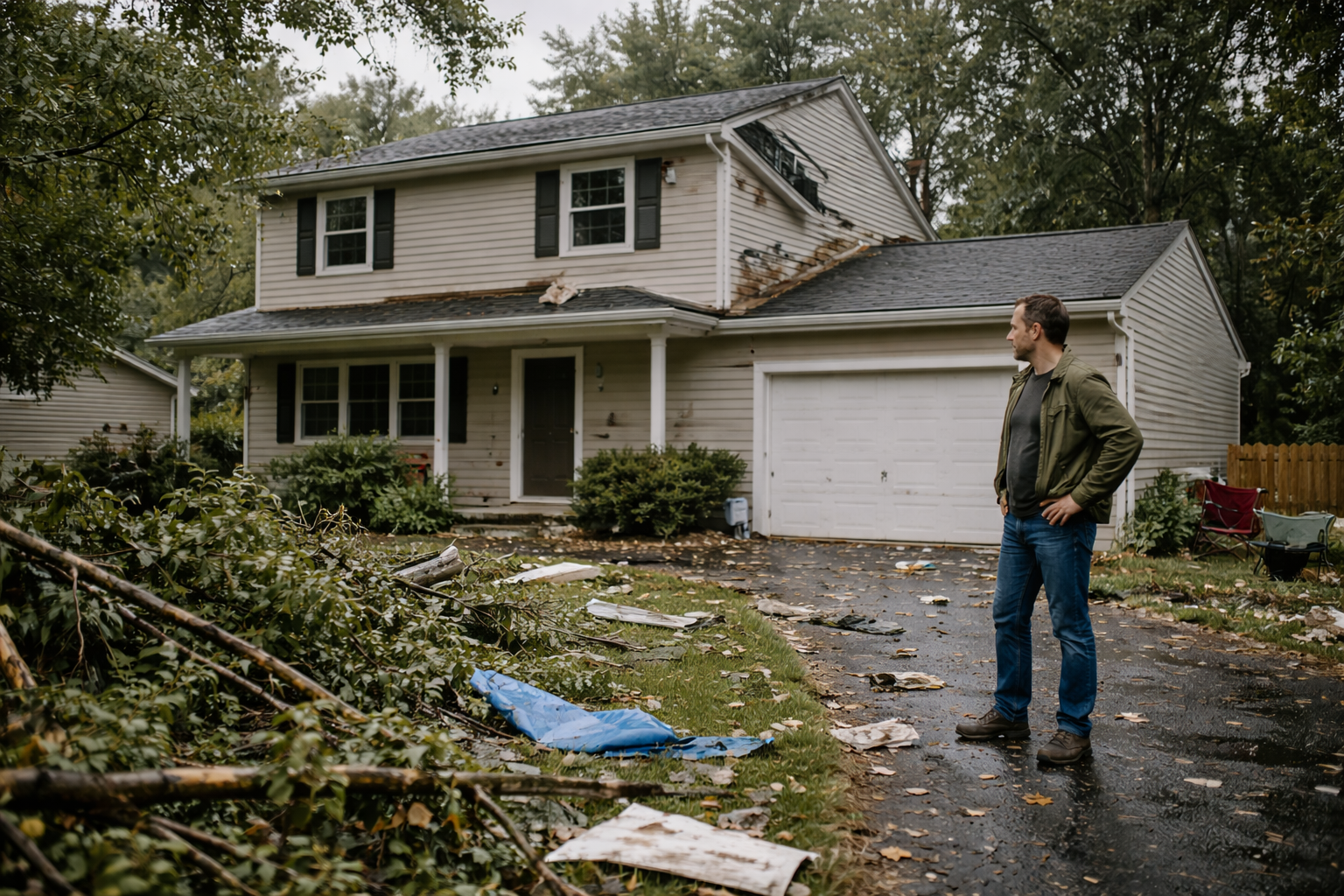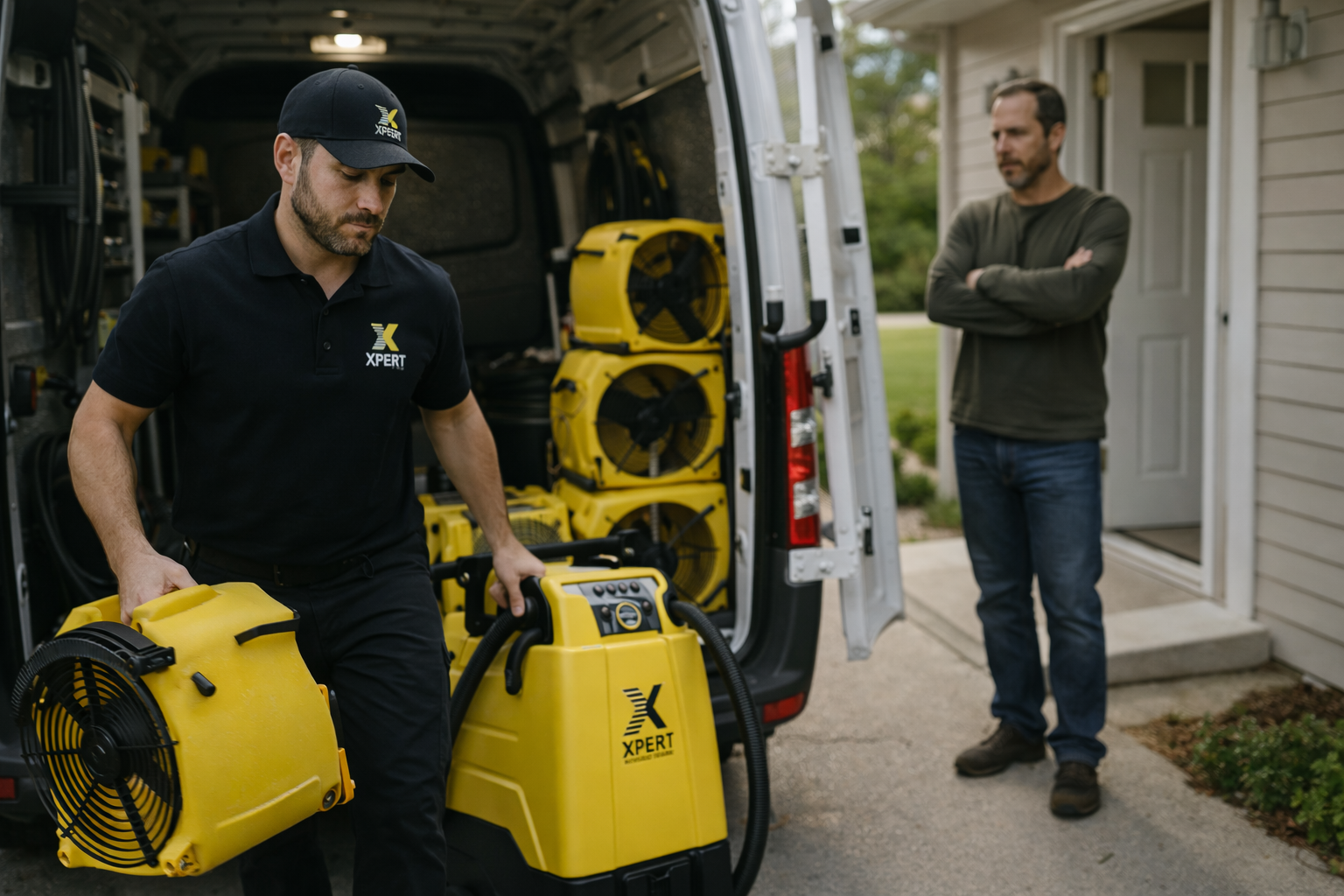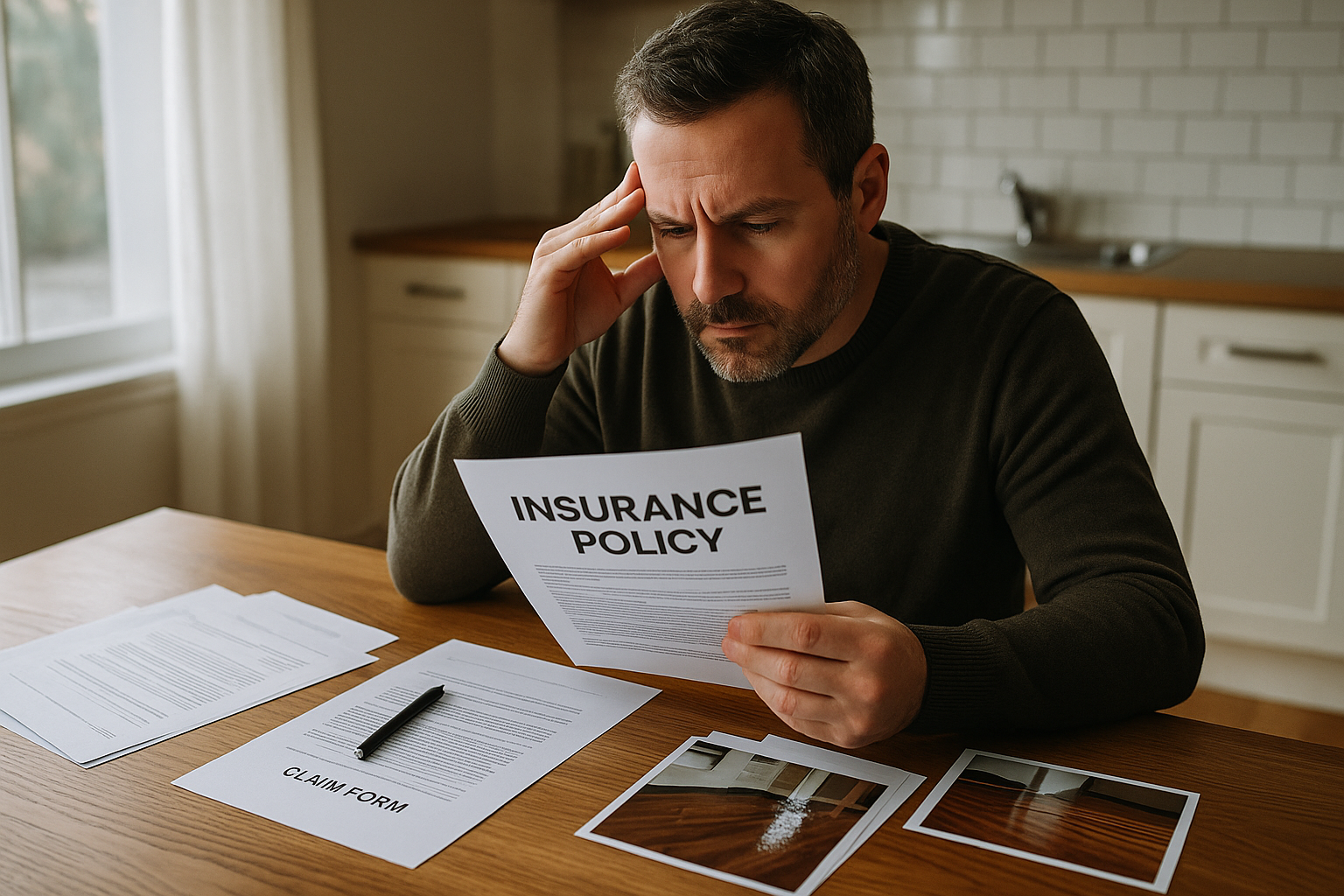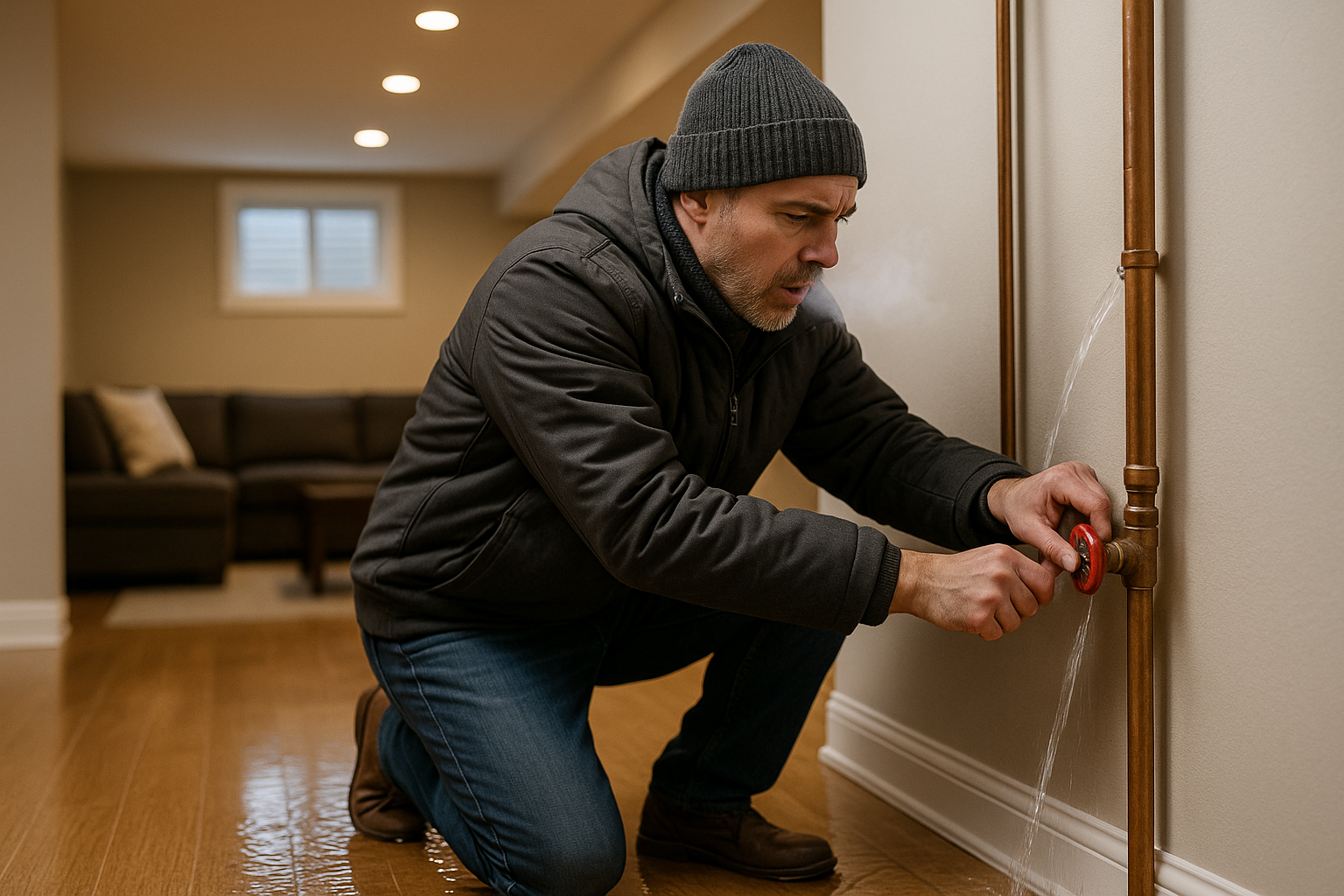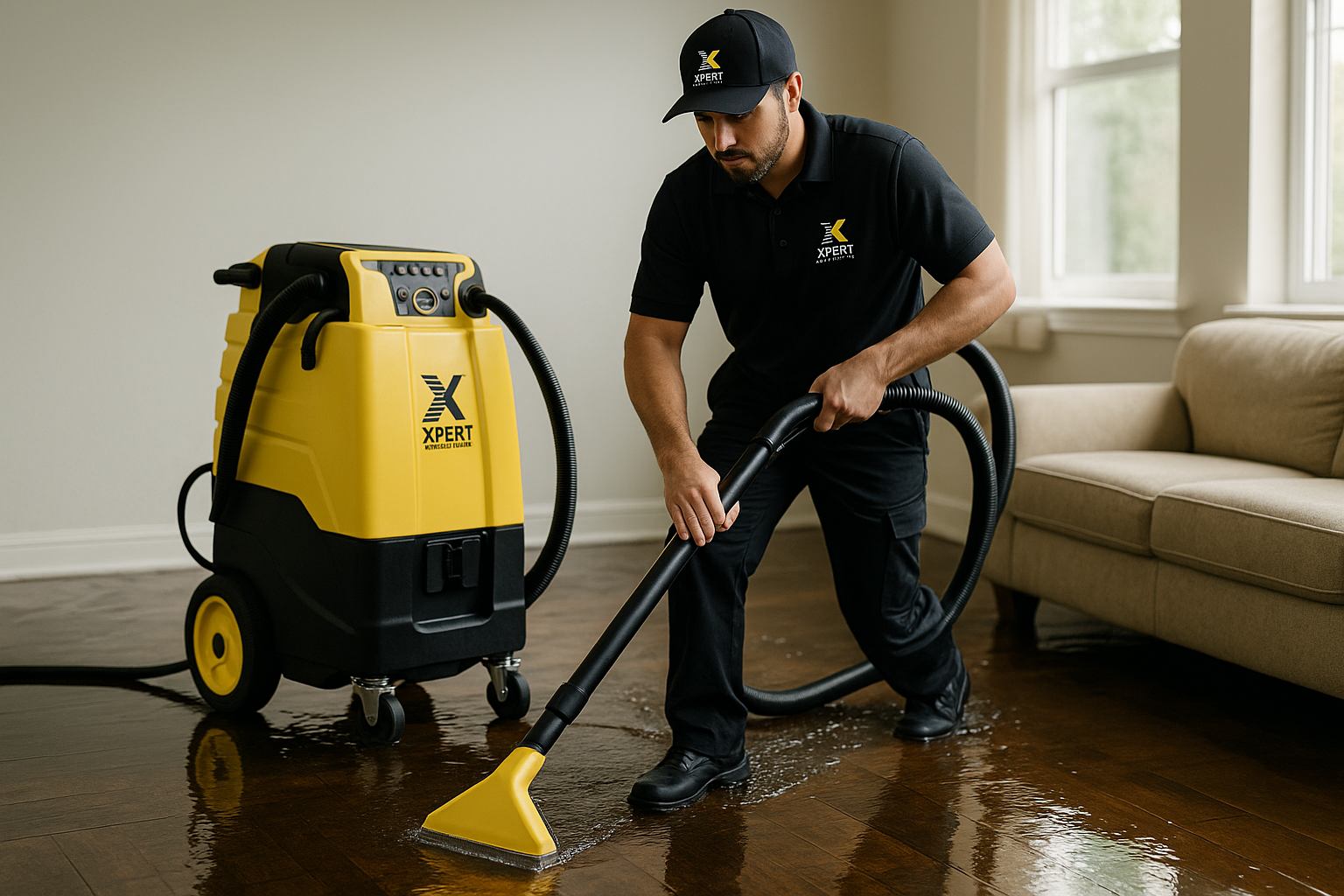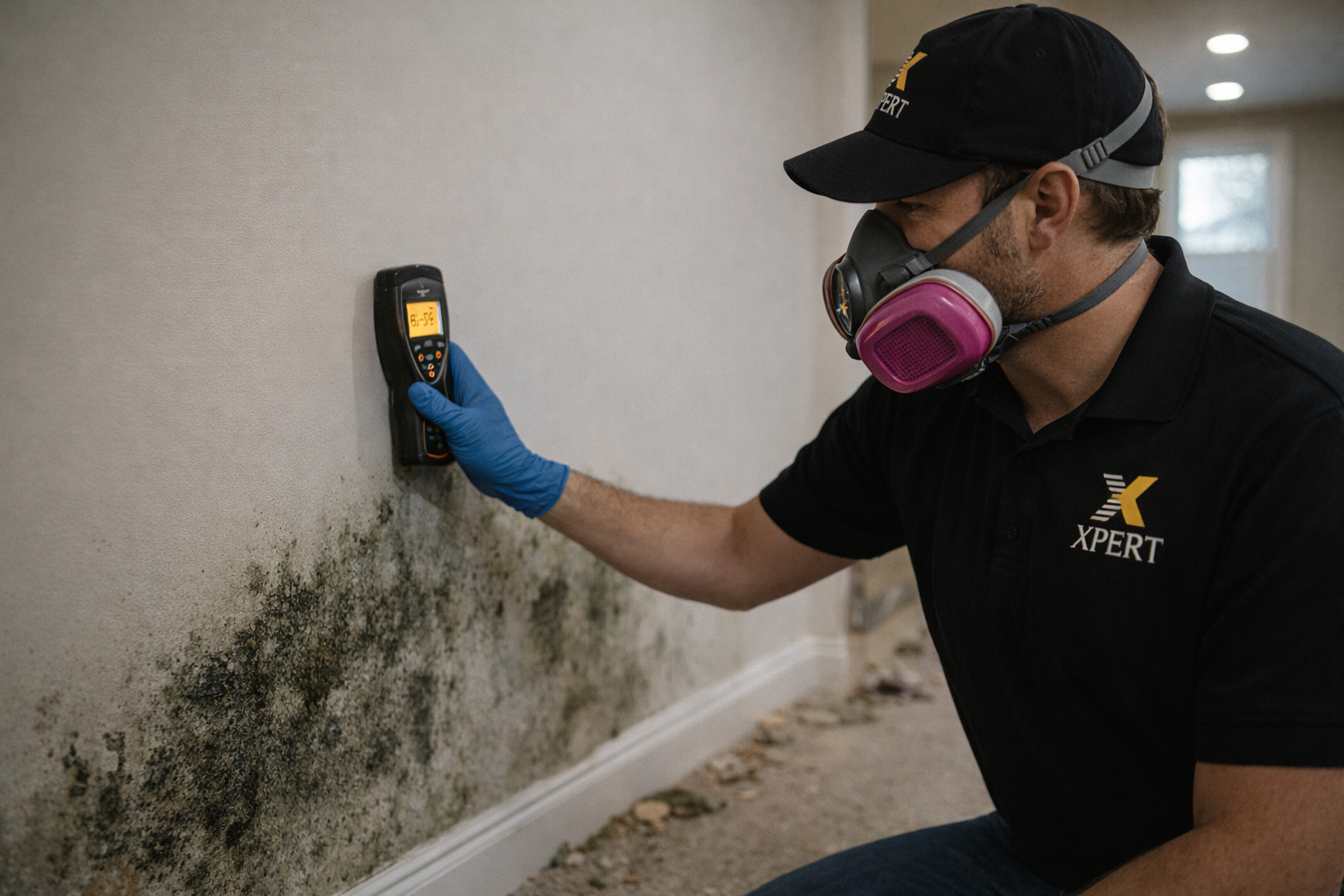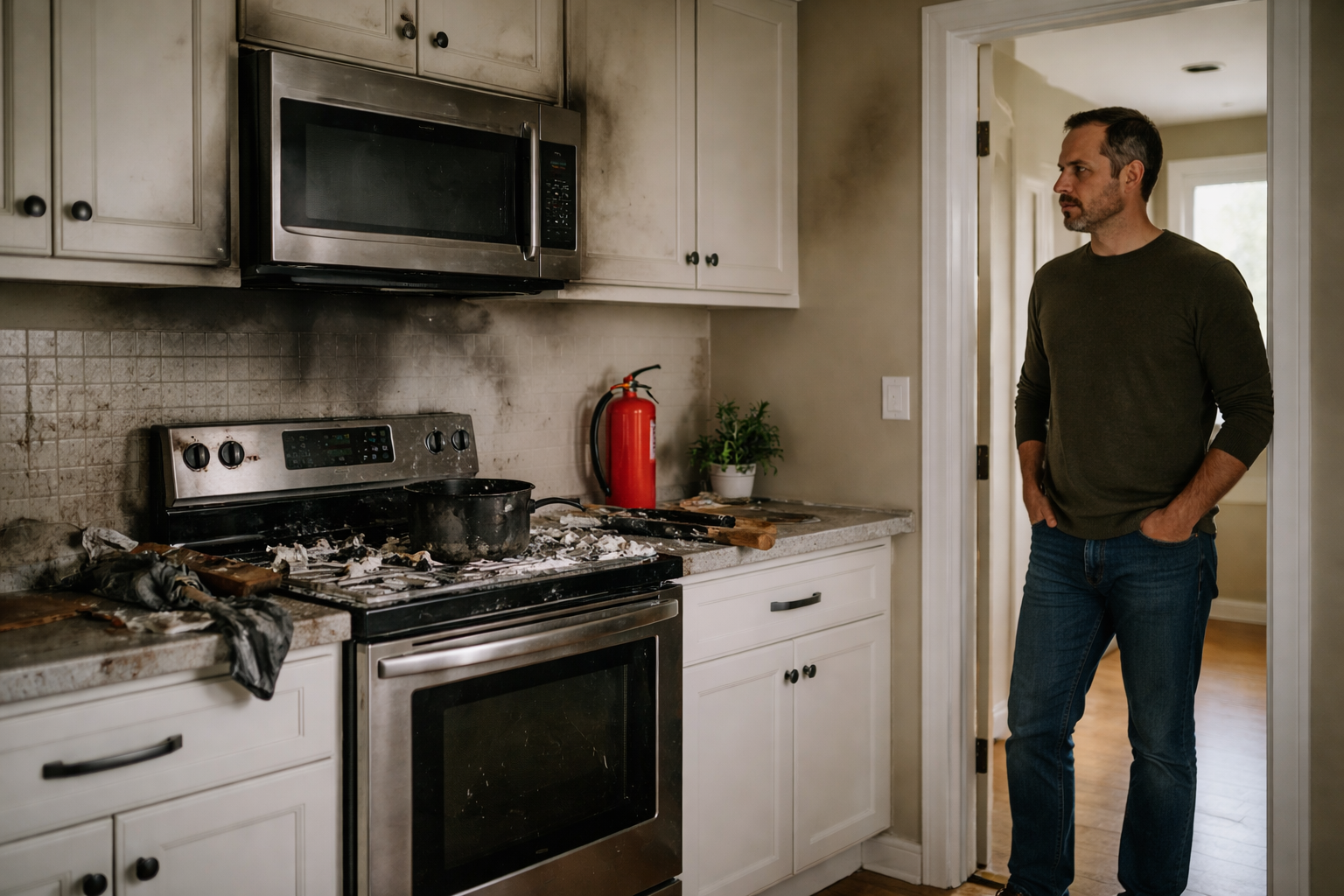What Your Insurance Policy Actually Covers (And What It Does Not)
A no-nonsense guide for Illinois property owners who want real answers

The Fine Print: Why Most People Only Find Out Too Late
Insurance is supposed to be your safety net, but if you are like most property owners, you probably have not read your policy from start to finish. When disaster strikes, whether it is a broken pipe, fire, storm, or theft, everyone hopes their coverage will make them whole again. The problem is, the details in your policy matter a lot. What is covered, what is excluded, and the choices you made when buying insurance can mean the difference between a full recovery and a major financial headache.
What Is Usually Covered by a Standard Policy
The Basics for Illinois Homeowners and Businesses
Most standard property insurance policies cover sudden and accidental damage. That means things like fire, windstorms, hail, lightning, vandalism, and certain types of water damage are generally included. If a pipe suddenly bursts and floods your basement, or a tree falls during a storm and smashes your roof, your policy probably helps pay for repairs.
Personal Property and Contents Coverage
Your policy also usually includes some coverage for the things you own inside your property. This means furniture, electronics, appliances, clothes, and personal items damaged or destroyed by a covered peril. Be aware that there are limits for high-value items like jewelry, art, and collectibles. If you want these fully covered, you often need to buy extra endorsements or a special rider.
Additional Living Expenses (ALE)
If your home becomes unlivable due to a covered loss, your policy likely pays for hotel stays, meals, and other extra costs while your property is repaired. This is called Additional Living Expenses or ALE. For businesses, a similar coverage is called Business Interruption or Loss of Use, helping pay the bills if operations are shut down by a covered disaster.
The Common Exclusions That Surprise Owners
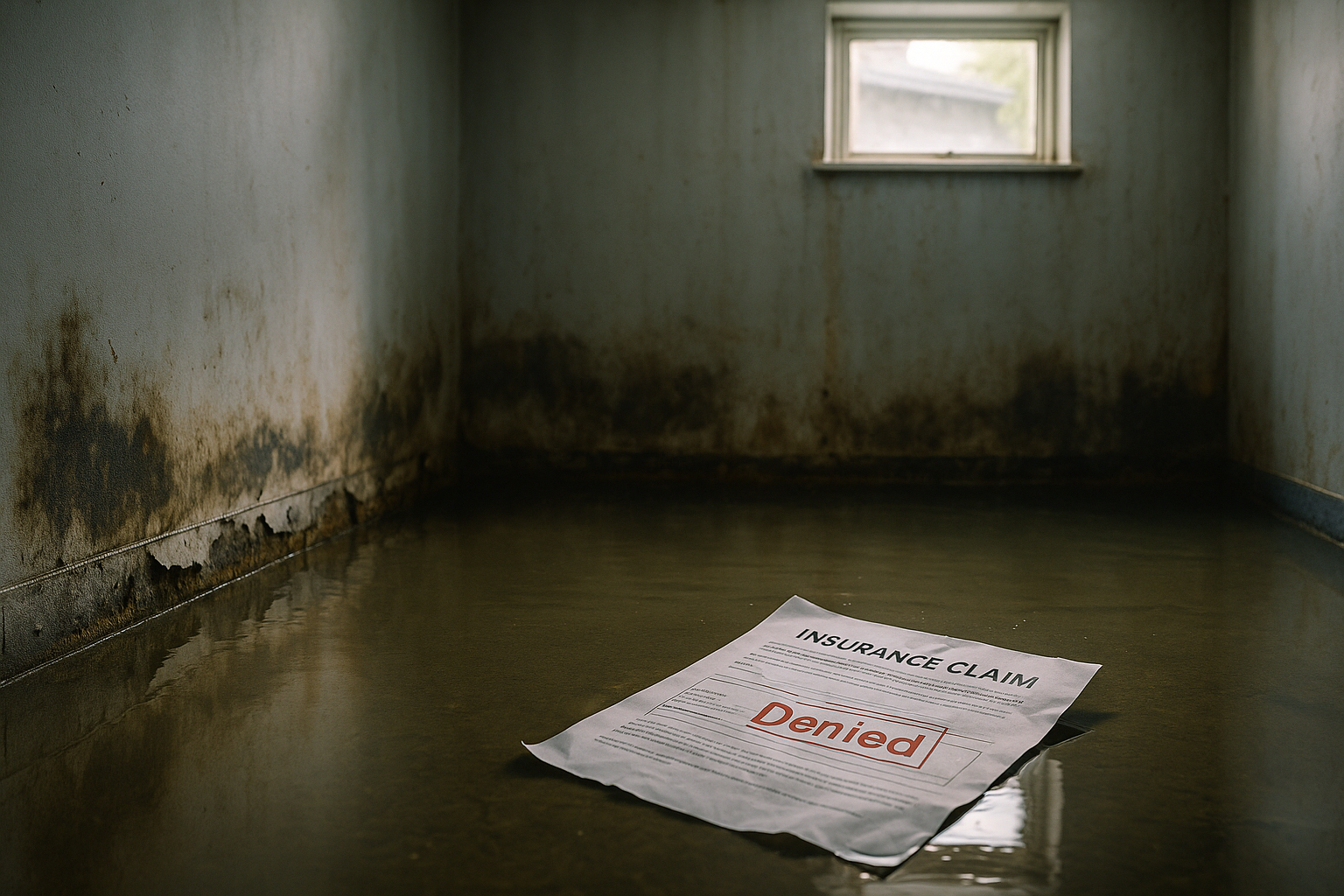
Water, Flood, and Sewer Backups
Most people think water damage is water damage, but insurance companies do not agree. Water from sudden pipe breaks or appliance failures is usually covered. But floodwater from outside, ground seepage, or water that backs up through sewers and drains is almost always excluded unless you have purchased special coverage. In Illinois, you need a separate flood policy from the National Flood Insurance Program for true flood protection.
Mold, Wear and Tear, and Maintenance Issues
Insurance does not pay for slow leaks, long-term neglect, mold from poor upkeep, or normal aging of your property. If you discover a slow leak that has been causing hidden damage for months, expect a battle or a denial. Mold coverage is very limited unless you have purchased a specific mold endorsement. Most insurers want proof the mold was caused by a sudden, covered event.
Earth Movement and Acts of Nature
Earthquakes, sinkholes, and other ground movement are almost never included in standard policies. Some natural disasters, like tornadoes, are usually covered. Others, like floods and earthquakes, require special policies or endorsements.
The Importance of Endorsements and Reviewing Your Policy
Endorsements Explained
Endorsements are add-ons or riders to your main policy that provide extra protection for specific risks. Common examples are backup of sewers or drains, identity theft, or coverage for valuable items. Without endorsements, you may be surprised to learn that a common event, like a sump pump failure, leaves you with no payout.
Why Annual Reviews Matter
Life changes. Maybe you remodeled your kitchen, finished your basement, or acquired new valuables. The coverage you set up five years ago may not fit your current needs. Take a half-hour each year to sit down with your agent or broker and review your policy. Ask about coverage gaps, new endorsements, and whether your limits are high enough to replace what you have.

What to Do Before and After a Loss
Document Your Belongings
Take photos or videos of every room and valuable item in your home or business before disaster strikes. Save receipts for big purchases. This proof makes claims faster, easier, and less stressful.
Ask Questions and Get Clarity
Do not wait until disaster hits to find out what is covered. Ask your agent for a plain-language explanation of your policy and have them walk you through real-world scenarios. The best time to get clarity is before you need it.
Final Thoughts
The biggest insurance shock comes from not knowing what is excluded until it is too late. Make it a habit to review your coverage, ask tough questions, and understand the limits of your policy before you need to use it. A little preparation now can save you thousands and hours of stress when life throws you a curveball.

